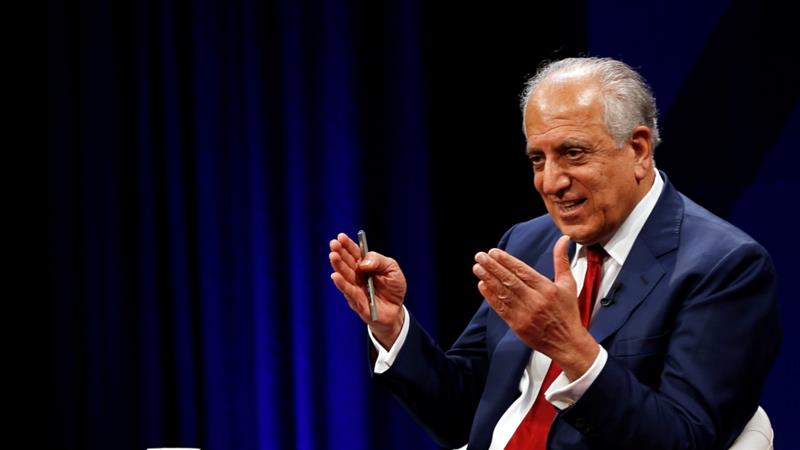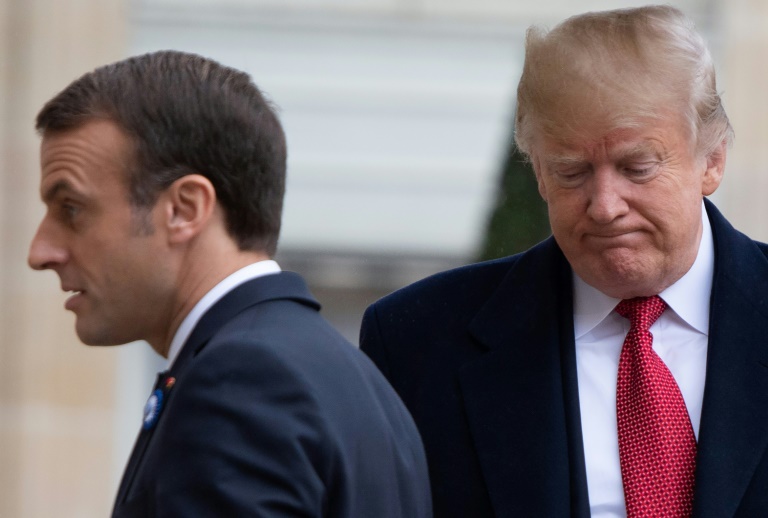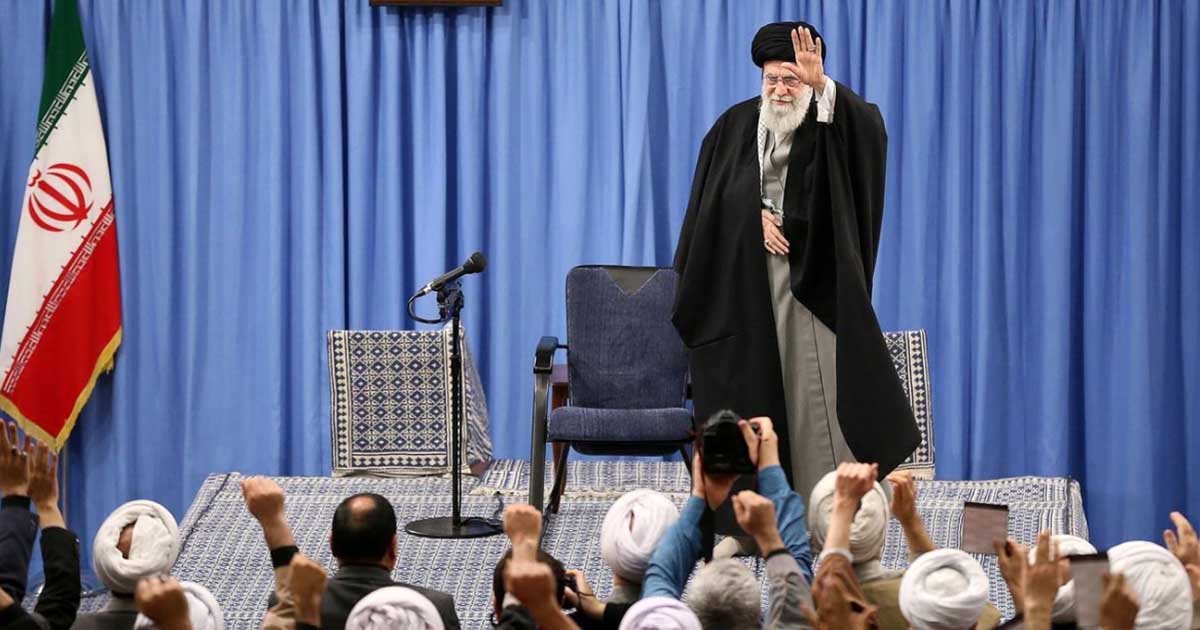News Analysis |
The much-hyped talks between the United States and the Afghan Taliban appear to be in trouble due to an “agenda disagreement”. The disagreement is cited to be over the role of Afghan officials in the talks as well as a possible ceasefire and prisoner exchange. This may lead to a breakdown in talks over the nearly two decades-long conflict.
The issue of the role of Afghan officials has been a major obstacle in the talks. The issue even caused a break between the Taliban and Saudi Arabia & UAE earlier. Reportedly, the Afghan Taliban was unhappy over the insistence by the two Gulf nations insistence on including Ashraf Ghani led government in the talks. This led to the Afghan group to call for a change in venue from Saudi Arabia to another country.
Read more: US special envoy Khalilzad embarks on 4-country tour for Afghan peace…
A Taliban member told media sources. “The problem is that leaders of Saudi Arabia and the United Arab Emirates (UAE) wanted us to definitely meet the Afghan government delegation, which we cannot afford to do now, and we have canceled the meeting in Saudi Arabia,”
Two days of peace talks had been set to start on Wednesday, but the Afghan fighter group had refused to allow “puppet” Afghan officials to join. Another issue asides from the inclusion of the Afghan government in the dialogue, both the US and Taliban have been stuck over a potential ceasefire in 2019.
“The US officials insisted that the Taliban should meet the Afghan authorities in Qatar and both sides were in disagreement over declaring a ceasefire in 2019,” a foreign agency quoted a Taliban source as saying. “Both sides have agreed to not meet in Qatar,” it added. The talks, which would have been the fourth round with the US Secretary of State’s Special Representative for Afghanistan Reconciliation Zalmay Khalilzad, would have involved a US withdrawal, prisoner exchange and the lifting of a ban on movement of Taliban leaders, a Taliban leader had told agencies.
Taliban sources said that they had demanded US authorities release 25,000 prisoners and they would free 3,000, but that US officials were not keen to discuss the exchange at this stage.
Meanwhile the US special envoy for Afghanistan, Zalmay Khalilzad has embarked on a two-week tour of Afghanistan, Pakistan, India and China for talks with each country’s leadership on the Afghan peace process.
Read more: Taliban demand Qatar as a venue for talks instead of Saudi…
Khalilzad, is leading an intra-agency delegation and will meet officials in each country in order to “facilitate an inclusive peace process in Afghanistan”, a handout from the US State Department said. Khalilzad will meet Afghan government officials and other interested parties to support and facilitate an “inclusive peace process in Afghanistan, empowering the Afghan people to chart a shared course for their nation’s future”.
During his last trip in December, Khalilzad urged the parties to sit together to reach an agreement on the political future of Afghanistan.
Khalilzad himself has been controversial in the peace process. He had raised doubts on 20 December 2017 about the Taliban’s desire to end the 17-year war, after the militants refused to meet with a Kabul-backed negotiating team.
While he was certain the Afghan government wanted to stop the conflict, Khalilzad told Ariana News that he questioned whether the Taliban were “genuinely seeking peace”. “We have to wait and see their forthcoming steps,” Khalilzad said according to a translation of the interview provided by the US embassy in Kabul.
Read more: US Syria withdrawal must be done with allies’ defence ‘assured’: Bolton
According to western media and think-tank reports, the Afghan Taliban control almost 50 % of Afghanistan’s territory in addition to having influence or presence in another 20 % of the areas of the war-torn country. The Kabul controlled Afghan National Army (ANA) and police have been infiltrated by the insurgents while desertions and casualties have taken their toll on the beleaguered security forces. The ANA is deemed unable to hold fast against the ever-increasing Taliban assaults in South, East, and West of the country.
The US and allied forces stationed in Afghanistan have also lost the appetite to wage large-scale offensives against Taliban and are now resorting mostly on drone and air strikes on insurgent targets which have resulted in increased civilian casualties across the country. It seems that the Afghan Taliban have the upper hand in America’s longest running war and now seek to have peace on their terms.














